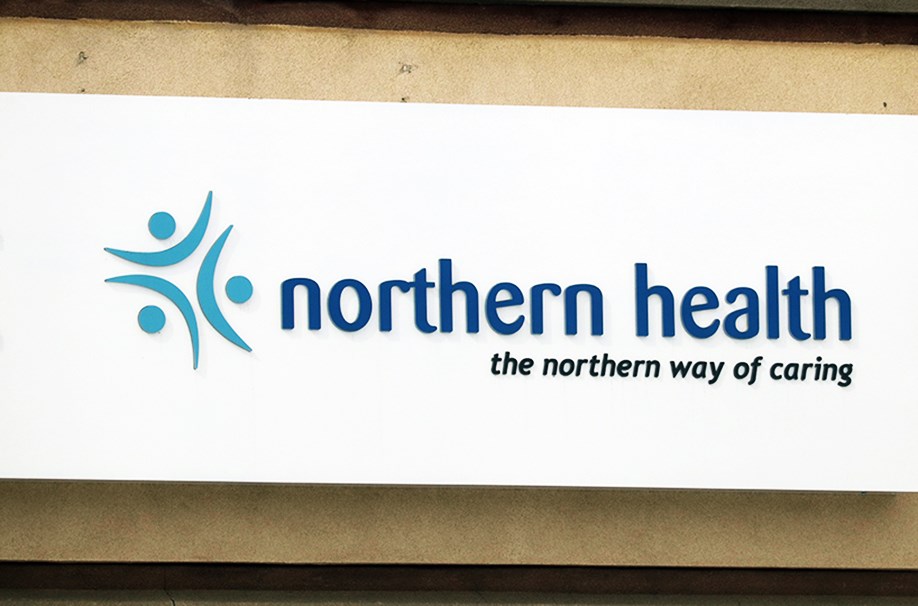Northern Health now has 39 total test-positive cases of COVID-19, including five new ones in the last 48 hours.
Provincial Health Officer Dr. Bonnie Henry reported the uptick this afternoon (April 20) among 52 new cases in B.C., bringing its current total up to 1,699.
Breaking down the numbers by health authority, there are 700 cases in Vancouver Coastal Health (VCH), 705 in Fraser Health, 102 on Vancouver Island and 153 in Interior Health.
Dr. Henry explains one worker returned to northern B.C. with a positive case of the virus from working at the Kearl Lake oil sands project near Fort McMurray, Alta.
She's ordering anyone else who came back to B.C. from that work camp to isolate themselves for 14 days and to call 811 to check for symptoms.
Dr. Henry also says there are five new deaths from the last two days, increasing the toll to 86.
There are also 1,039 recovered cases across the province, but 104 are in hospital and 49 in critical care.
The good news, as stated by Dr. Henry, is that everyone in B.C. can now be tested for COVID-19, but she also reiterates that not everyone needs to be tested as long as they don't show symptoms.
"It's going to be trial and error for us to try and find that sweet spot where we can have some connections [...] without putting our health at risk.
"We just continue to hold our line. We have to ensure that we don't let up too soon and waste all that we have done together."
The outbreak at the Mission federal correctional institute in the Fraser Valley continues to grow. Now, the institute has 75 people who have tested positive, including 64 inmates.
Henry also mentions the Rural Remote and Indigenous Port Strategy that is welcomed as a way to recognize and proactively support communities that may have had limited access to the level of healthcare found in larger urban centres. She reports that the program will allow more on-site testing and faster access to primary and urgent care. She adds that it is an important part of reconciliation, because it recognizes that First Nations and Indigenous peoples have not received the support that other parts of society have in B.C. in past pandemics.
"We are now using testing again, as of about 10 days ago, to help us quickly identify and address any new community cases and outbreaks," says Henry. "We want to avoid another spike in community cases - that's why we are changing the strategy."
Now, anyone with symptoms can be tested for COVID-19. However, Henry underscores that just because anyone can be tested, does not mean that everyone should get tested. In other words, only people with symptoms should get tested.
"Our new normal for the coming months will still have restrictions," states Henry. "We will continue to require everyone to follow orders."
"We have to ensure that we don't let up too soon and waste that important work we've done so far."
Henry also encourages everyone to be kind to people who have to continue to work during the pandemic, such as those working in grocery stores, pharmacies, and in health care. She adds that isolation can be challenging, and that anyone who has an underlying illness should contact a doctor through virtual care. She mentions Anxiety Canada and Bounceback BC as useful resources for mental health.
In a previous briefing, Henry noted that people should consult the new online assessment tool if they aren't sure if they require further testing or assessment for COVID-19.
She also underscored the importance of physical distancing, hand washing, covering your mouth if you cough, not touching your face and staying home if you are sick.
- with files from Elana Shepert, Vancouver Is Awesome


.jpg;w=120;h=80;mode=crop)







